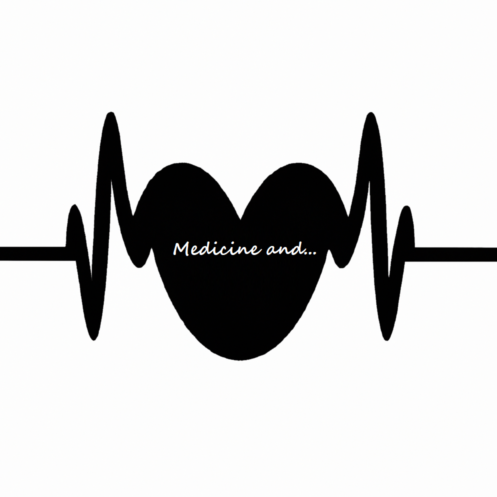A heart attack, also known as a myocardial infarction (MI), occurs when the blood flow to a part of the heart muscle is blocked, causing damage to the heart muscle. This can happen when one or more of the coronary arteries, which supply blood to the heart, becomes narrowed or blocked by a buildup of plaque. Plaque is made up of fat, cholesterol, and other substances found in the blood.
There are several risk factors that can increase a person’s likelihood of having a heart attack. These include:
- High blood pressure
- High cholesterol
- Diabetes
- Smoking
- Obesity
- Physical inactivity
- Stress
- Family history of heart disease
Symptoms of a heart attack can include chest pain or discomfort, shortness of breath, nausea, vomiting, and pain in the arms, back, neck, jaw, or stomach. However, not all heart attacks present with the same symptoms, and some people may not have any symptoms at all.
Heart attacks are typically diagnosed through a combination of a physical examination, medical history, and test results. Tests that may be used to diagnose a heart attack include:
- Electrocardiogram (ECG)
- Blood tests
- Chest X-ray
- Echocardiogram
- Cardiac catheterization
Treatment for a heart attack typically involves medications to restore blood flow to the heart and prevent further damage to the heart muscle. This may include aspirin, blood thinners, and medications to break up blood clots. In some cases, procedures such as angioplasty or coronary artery bypass surgery may also be necessary.
The prognosis for someone who has had a heart attack depends on the severity of the attack and the underlying health of the person. In general, the sooner a person receives treatment for a heart attack, the better the outcome is likely to be. Some people may fully recover from a heart attack, while others may have permanent damage to the heart muscle and may need ongoing medical treatment.
Heart attacks are a common and serious health condition. According to the World Health Organization, ischemic heart disease (of which heart attacks are a part) is the leading cause of death worldwide, accounting for 16.7 million deaths in 2019.
References:
- World Health Organization. (2020). Cardiovascular diseases (CVDs). Retrieved from https://www.who.int/news-room/fact-sheets/detail/cardiovascular-diseases-(cvds)
- Mayo Clinic. (2019). Heart attack. Retrieved from https://www.mayoclinic.org/diseases-conditions/heart-attack/symptoms-causes/syc-20372476


Leave a Reply